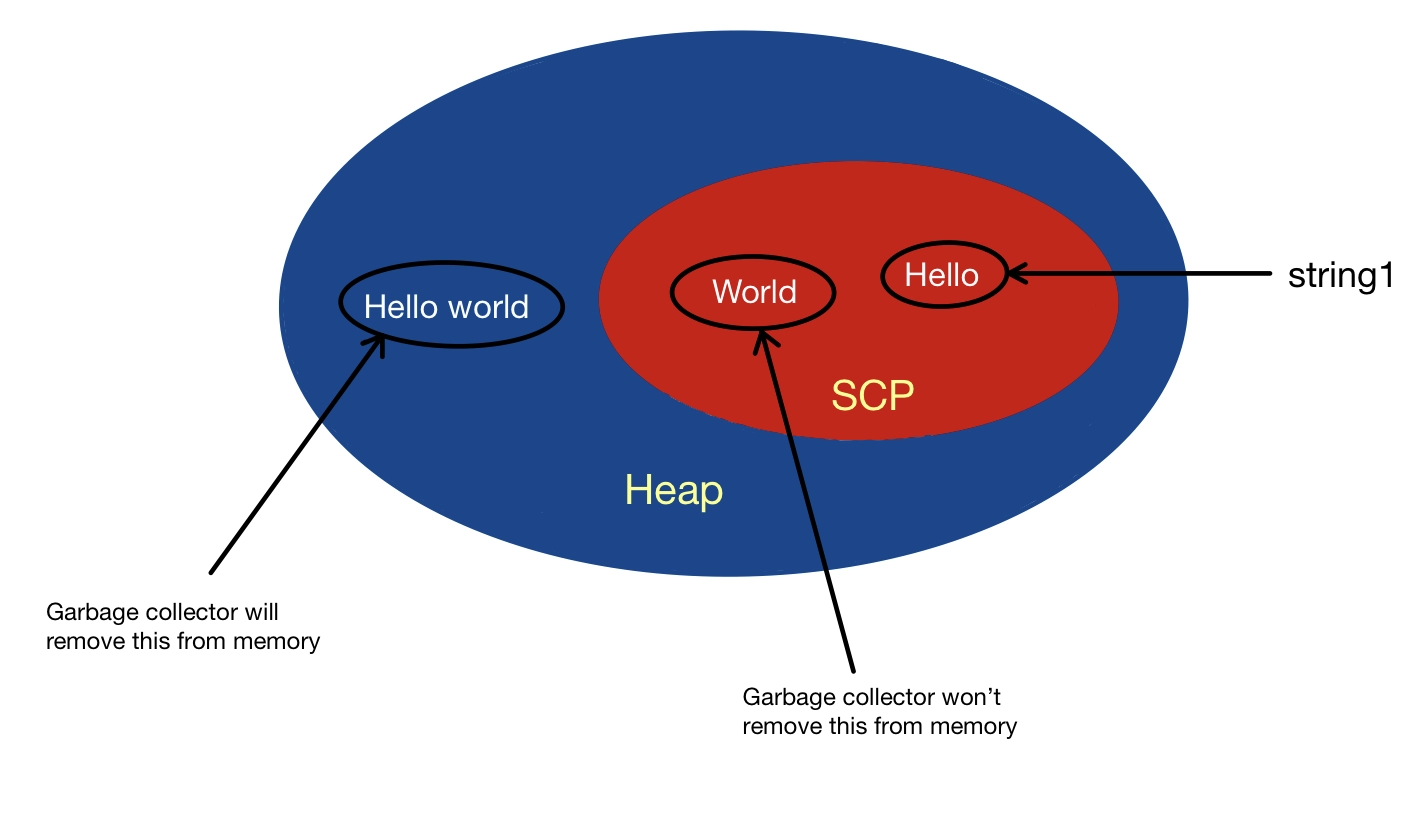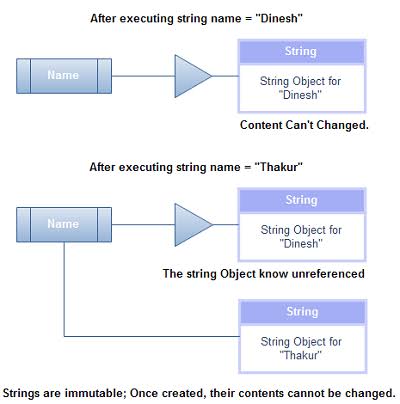Why Are Strings Immutable in Java? Thorough Evaluation for Programmers
Why Are Strings Immutable in Java? Thorough Evaluation for Programmers
Blog Article
What Is Immutable Strings and Exactly How It Works
In the world of shows, recognizing the concept of unalterable strings is extremely important for developing safe and durable applications. Unalterable strings refer to strings that can not be altered after they are created, ensuring information integrity and predictability within the code.
The Essentials of Immutable Strings
Unalterable strings, as an essential concept in shows, are personality sequences that can not be transformed as soon as they are created. This implies that as soon as a string is designated a value, that worth can not be altered. In languages like Python and Java, strings are unalterable items, bring about different ramifications in regards to memory monitoring and information integrity.
One of the crucial benefits of immutable strings is that they supply a feeling of safety in information adjustment. Given that the content of an unalterable string can not be modified, it ensures that the original data stays undamaged, lowering the threat of unplanned adjustments throughout program implementation (Why are strings immutable in Java?). This property likewise simplifies debugging processes, as programmers can rely on that when a string is defined, its worth will certainly not be unintentionally modified
When a brand-new string is produced based on an existing one, instead than customizing the initial string, the new worth is saved independently. On the whole, comprehending the fundamentals of immutable strings is critical for mastering programming principles and enhancing code efficiency.
Advantages of Immutable Strings
Structure upon the protection and performance advantages of unalterable strings, their advantages prolong to boosting code integrity and simplifying simultaneous programs jobs. By being unalterable, strings can not be modified after creation, which eliminates the danger of unplanned modifications in the data they save. This intrinsic immutability guarantees that when a string is produced, its value remains continuous throughout the program's execution, lowering the possibilities of insects triggered by unexpected changes.
In addition, unalterable strings contribute to code reliability by making it less complicated to reason concerning the state of a program. Considering that strings can not be changed, developers can rely on that a string will always hold the very same value, simplifying debugging and maintenance initiatives. This predictability results in more dependable and steady codebases.

Implementation in Programs Languages
Within various programs languages, the unification of immutable strings is a fundamental facet that impacts exactly how data is taken care of and adjusted within code structures. The application of immutable strings differs across various programming languages, with each language supplying its own devices to support this idea.

In contrast, languages like C and C++ do not have built-in support for immutable strings. Programmers in these languages should manually implement immutability by implementing guidelines within their code to stop straight alterations to string items.
Best Practices for Dealing With Immutable Strings
When dealing with unalterable strings in programming languages like Java and Python, adhering to ideal techniques ensures reliable and secure information control. Among the essential finest practices is to use StringBuilder or StringBuffer as opposed to directly adjusting strings, especially when dealing with comprehensive concatenation procedures. These classes supply mutable choices for string manipulation, assisting to stay clear of unnecessary memory allowances and improving efficiency.
An additional finest technique is to utilize string interpolation or formatting works provided by the language as opposed to hands-on concatenation. This not just enhances readability but additionally aids in avoiding common risks such as unintended string modifications. Furthermore, when dealing with sensitive information such as passwords or API tricks, it is important to prevent storing them as simple message in unalterable strings. Using secure storage mechanisms like char selections or specialized libraries for handling sensitive information helps reduce safety and security threats related to immutable strings.
Real-world Applications and Instances
Exploring functional applications of unalterable strings in different industries reveals their significant effect on information honesty and system integrity. In the healthcare sector, unalterable strings play an essential function in making certain the protection and privacy of client information. By avoiding unapproved alterations to delicate info such as medical documents find and prescriptions, unalterable strings help keep conformity with strict personal privacy laws like HIPAA.
Banks also gain from the immutable nature of strings to boost the safety of client data and deal documents. Unalterable strings assist stop scams and unauthorized modifications to financial details, giving a durable defense against cyber dangers and making certain the count on and confidence of customers.

Final Thought
In verdict, unalterable strings are repaired and unchangeable sequences of characters that offer benefits such as string safety and security and improved performance in programs. They are applied in different programming languages to make certain information go to this website integrity and safety and security. Ideal techniques for collaborating with unalterable strings consist of preventing direct modifications and making use of methods that return brand-new string objects. Real-world applications of immutable strings include information encryption, caching, and string manipulation jobs.
Immutable strings refer to strings that can not be modified after they are created, making certain data honesty and predictability within the code. When a brand-new string is produced based on an existing one, rather than customizing the initial string, the new value is stored separately.In languages like Java and Python, strings are immutable by default, implying that as soon as a string object this post is created, its worth can not be transformed - Why are strings immutable in Java?. Best methods for working with immutable strings include avoiding straight adjustments and utilizing methods that return brand-new string things. Real-world applications of immutable strings consist of information encryption, caching, and string control tasks
Report this page